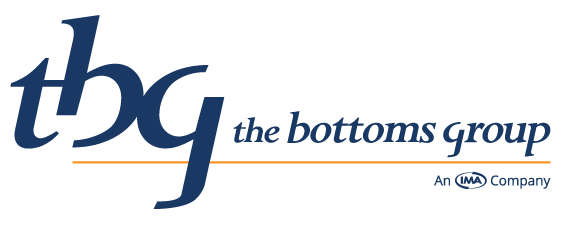By David Bottoms, REBC, RHU, CLU, ChFC
President
A recent study by the healthcare consulting firm, Avalere Health, has confirmed what most employers already intuitively knew to be the case…employer investments in their employee benefits programs drive significant return on investment (ROI).
The Avalere study closely examined the impact of employer sponsored health benefit plans on a variety of employer cost components including direct medical costs, productivity, recruitment, retention, disability claim costs, and tax benefits. The findings of the study are eye-opening with the final analysis indicating that “employer sponsored insurance will provide an estimated 47% ROI to employers with 100 or more employees in 2022 and a 52% return in 2026.”
While the prevalence of employer sponsored health insurance, and the reality that 155 million non-elderly Americans are currently covered on employer sponsored health insurance, is proof enough that most employers believe there to be value in the provision of health insurance to employees, the fact that investments in benefit coverage result in strong and clearly observable ROI is significant.
While the study itself is replete with helpful data and observations, some of the most striking insights relate to the fact that, in 2022, employers offering group health insurance coverage are projected to have 53.3% higher productivity, 3.9% higher retention, and 23% higher tax-related benefits relative to those who do not.
Furthermore, the study found that “industries where firms generally made greater investments in employer sponsored health insurance tended to result in larger ROI.” In other words, employers who go beyond just “checking the box” and intentionally invest in their health insurance and wellness programs actually saw their ROI increase quite significantly relative to those employers making smaller investments into their health insurance programs.
While the Avalere study focused exclusively on health coverage, there is no question that “employers of choice” go beyond just providing health coverage to curate a well-balanced benefit program including additional benefit elements which employees have grown accustomed to receiving from other employers in the market. Examples of these essential benefit plan categories include retirement benefits, dental insurance, vision coverage, short and long-term disability protection, and employer funded life insurance.
Last but not least, once employers provide an ample baseline of employer-funded benefits, rounding out the employee benefit offering through the implementation of supplemental, employee-paid benefits is a logical next step. Common supplemental benefit offerings include additional life insurance, critical illness coverage, accident coverage, etc. The provision of a robust employer-funded benefit package further enhanced by the thoughtful inclusion of supplemental benefits provides both current employees and prospective new hires with the sense that the employer is “invested” in providing a strong benefit plan aligned with the diverse needs of its employee population.
Given the recent convergence of inflationary pressures on the heels of an already tight labor market, it is essential that employers be strategic as they deploy resources within their businesses. To that end, the potential for thoughtful investments in employee benefit programs to result in higher employee productivity, more effective employee retention, and greater tax efficiency should catch the attention of any business owner or CFO looking to gain a competitive advantage in the current market.
David is a monthly columnist in the Cobb Business Journal. To read other articles like this by David Bottoms, you can subscribe to the online edition of the Cobb Business Journal.



